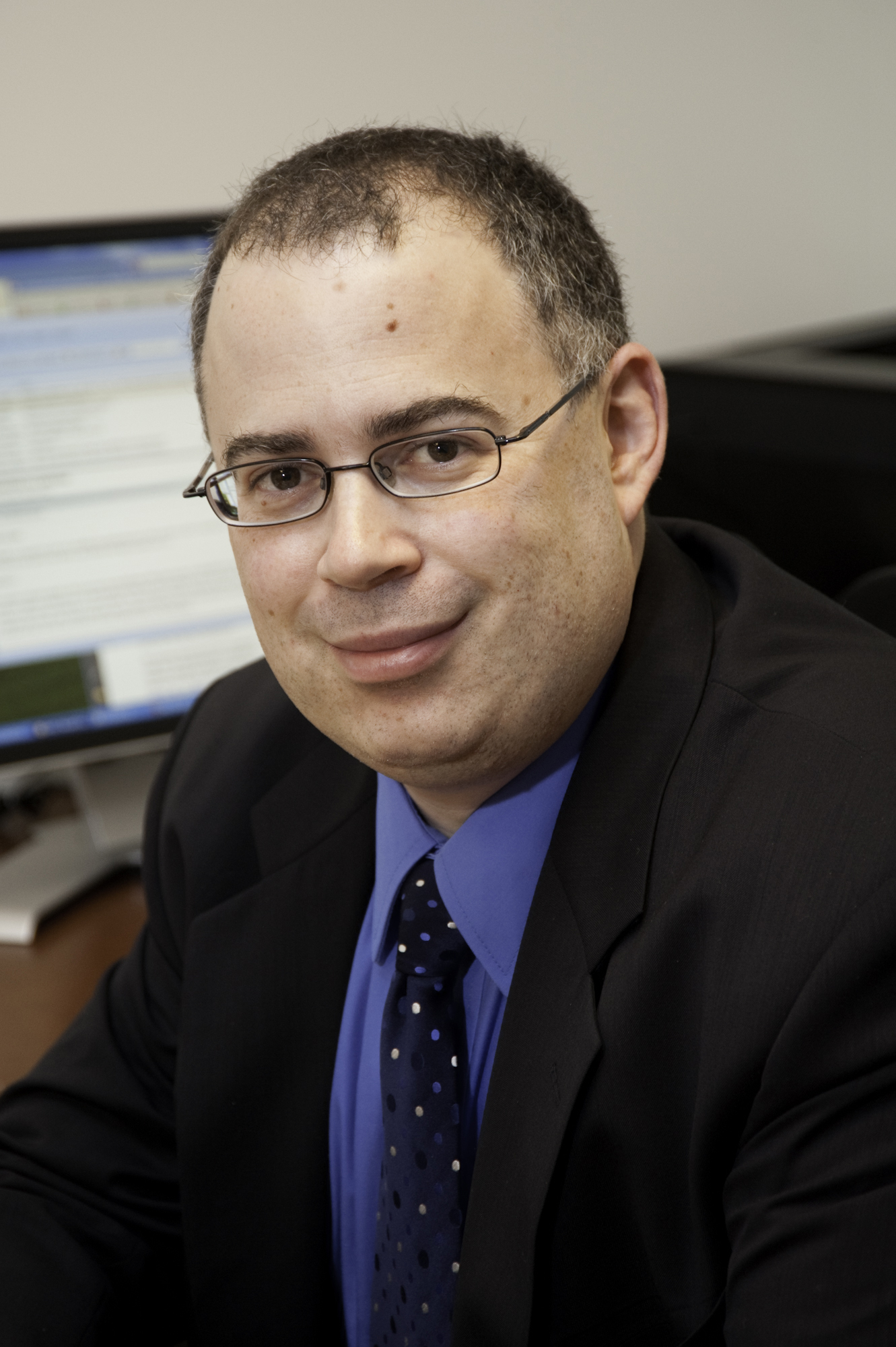Larry Davis and Alan Northrop each spent more than 15 years behind bars after a blindfolded rape victim in Clark County wrongly identified them as her attackers. Last year, Davis and Northrop were two of 29 men across the U.S. to be exonerated or have their convictions overturned by the Innocence Project, a network of attorneys working pro bono to free the falsely accused. Now, having helped get them out of prison, the Innocence Project’s local, University of Washington-affiliated chapter has a new goal: get the state to pay back part of what it took away from Davis and Northrop.Right now Washington is one of 23 states that doesn’t provide exonerated former inmates with financial compensation once they’re released from prison. The other 27 and the District of Columbia all have some simple formula–usually a certain number of dollars per year times number of years served–that doesn’t make up for the lost years, but provides a much-needed windfall to those recently released.Lara Zarowsky, the Innocence Project Northwest attorney working on what she calls the “compassionate assistance” bill, says that Washington’s lack of a formal payout means men like Davis and Northrop not only have to relearn how to live in the world, but do so with no resources.”If you think about it, they actually get fewer services than real criminals,” she says. “They don’t have someone to hook them up with a job. They’re completely on their own.”To fill the gap, Zarowsky says she and the Innocence Project are proposing to pay those exonerated $50,000 for every year they spent behind bars, $100,000 if that time was spent on death row, and $25,000 for every year on probation or as a registered sex offender.It is a necessarily airtight bill that, says Zarowsky, that, according to her research, would only apply to six former inmates in the entire state. The high standard is important because the legislative session will open next Monday with a focus on filling a billion-dollar budget gap, and any bill that even faintly smells of extra spending will be scrutinized. “We can’t pick the budget,” says Zarowsky. “This is the year [Davis and Northrop] were exonerated. They’re all over the news. If we don’t do something now they, and the others like them, are going to fall through the cracks.”Des Moines Rep. Tina Orwall says she understands the Innocence Project’s urgency. Which is why she’s agreed to sponsor the bill, providing that the compensation owed to men like Davis and Northrop doesn’t kick in for another four years–time enough, she hopes, to ride out the upcoming lean years.”For me the bill is really about fairness,” says Rep. Orwall. “I know the money can’t make up for the losses they’ve experience, but it could help them rebuild their lives.”
More Stories From This Author
Fourth of July weekend weather in King County
Expect mostly sunny and warm weather for the Fourth of July weekend in the Puget Sound region. Below is the…
King County jail audit finds issues in behavioral health services
Addressing the issues could reduce the risk of reoffending.
New King county park rangers to begin patrolling Saturday
Council members hope the increased presence of officials will deter break-ins at trailheads.







